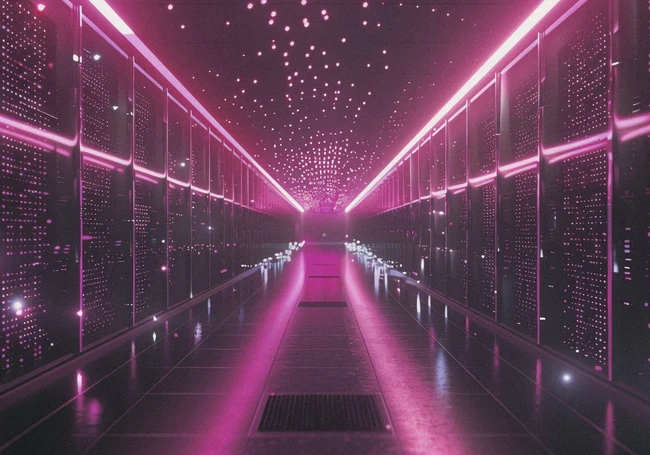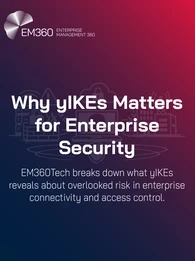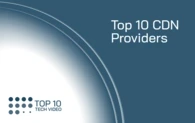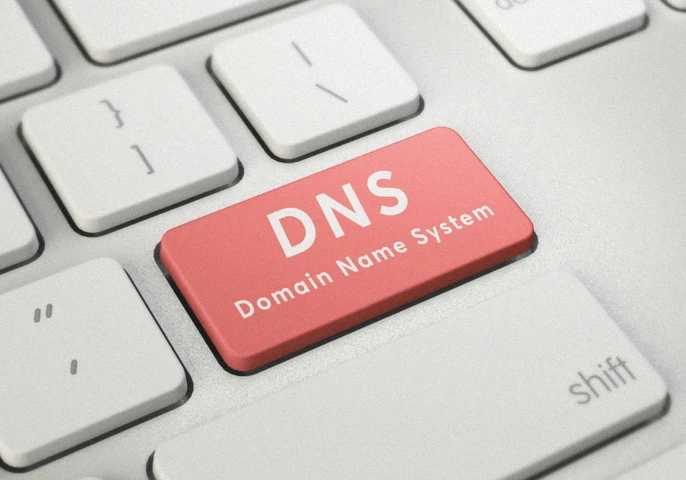More and more organisations are seeking the best colocation data centres globally to house their IT equipment flexibly and affordably.
More importantly, businesses are looking for IT storage space that prioritises data protection as well as equipment protection.
This is where colocation data centres come into play.
According to Precedence Research, the global data centre colocation market was valued at $65.04 billion in 2023 and is expected to reach $205.65 billion by 2033.
This article tells you everything you need to know about the best colocation data centres, what it is and why is it important.

What is a Colocation Data Centre?
Also called “colo,” a colocation data centre is a physical infrastructure that stores IT equipment for organisations of all sizes. This infrastructure allows businesses to rent space in a data centre where they can store their IT equipment such as servers, networking equipment, and other storage devices.
Colocation data centres are designed to be flexible as well as cost-efficient for organisations. In addition to providing flexibility, they prioritise the safety and security of an organisation’s equipment and that it's well connected to high-powered and high-speed networks for processing business workflows.
Overall, colocation helps businesses meet most of their IT needs while still optimising costs.
Also Read: How AI Growth is Impacting Data Centre Demand
How Do Colocation Data Centres Work?
Colocation data centres let businesses lease space in a data centre including renting desks, or a cabinet, a room or rooms depending on the quantity of IT equipment needing storage. The organisation’s IT equipment then uses the common energy infrastructure provided by data centres where other companies’ equipment too is housed.

Individual organisations by sharing a common space benefit from a data centre’s strong security measures, environmental optimisation and high-speed networks for processing tasks.
In addition to protecting IT equipment and servers of and for individual businesses, data centres will usually automate certain tasks. These include security measures including 24/7 surveillance, biometric access control, and fire suppression systems, to protect the physical infrastructure and the valuable data stored within.
Why Are Colocation Data Centres Important?
1. Cost Optimisation
Colocation data centres are necessary to optimise costs for different organizations that are storing their equipment in a common data centre. It helps data centres allocate space to individual organisations efficiently, minimising wasted space.
Leasing a specific area of a data centre can help businesses avoid unnecessary costs associated with building and maintaining their own data centre. Such expenses often include real estate costs, construction, power infrastructure, cooling systems, and security personnel.

Rethinking Trust at the Edge
Why protocol-era VPN and IKEv2 assumptions undermine Zero Trust, and what boards should ask about hidden edge dependencies.
2. Security
Colocation data centres prioritise the safety and security of all organisations' IT equipment. The data centre's primary role is to support individual businesses in running their IT systems efficiently, protecting them from malicious attackers.
By housing their equipment in a secure, controlled environment, businesses can significantly reduce the risk of cyberattacks, physical damage, and other security threats.
3. Scalability
Colocation data centres also enable businesses with the capability to scale up or down, letting them manage their IT infrastructure according to constantly changing industrial requirements. With business growth, scalability becomes an imperative factor to keep up with the demands and industrial advancements.
Data centres with colocation provide that flexibility whether an organisation needs an extra room to store servers or needs to get rid of a desk that is not needed anymore. Colocation providers usually accommodate the changing needs of a business.
This flexibility also allows organisations to adapt to changing business demands without the need for significant upfront investments or long-term commitments.
Inside Modern Network Design
Map the hardware, protocols and topologies that underpin resilient enterprise connectivity, from office LANs to smart city infrastructure.








Comments ( 0 )